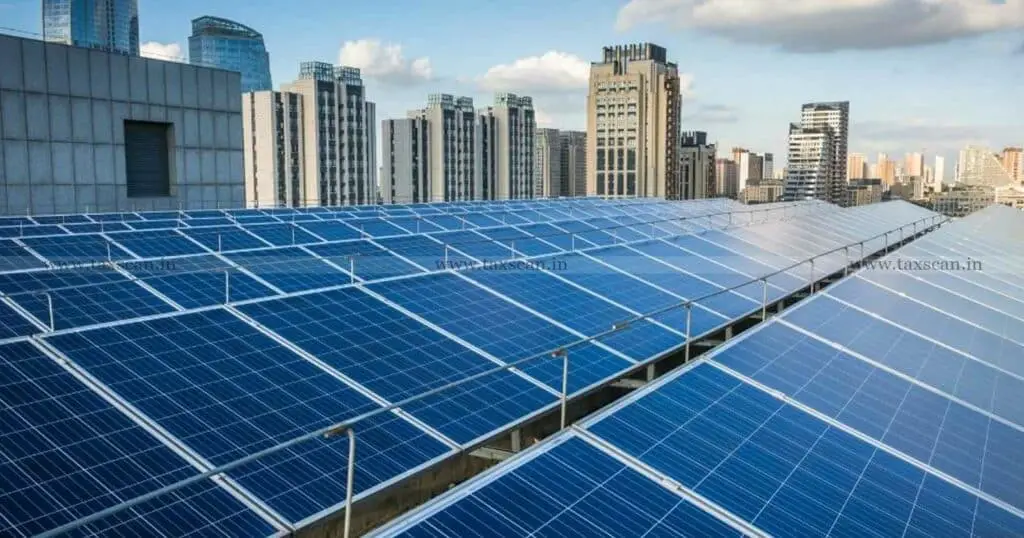The Role of a Battery Charger in a Solar Power System

The Role of a Battery Charger in a Solar Power System
As the world increasingly turns to renewable energy sources, solar power systems have gained significant traction. These systems allow people to harness the sun’s energy and convert it into usable electricity. Adding batteries further increases your ability to utilize the sun’s rays for power, but how will those batteries be charged? They can’t do it alone. Keep reading to learn more about the importance of battery chargers within a solar power system and why they are essential for maximizing energy storage efficiency.
Understanding the Function of Battery Chargers
Battery chargers act as the intermediary between solar panels and the batteries in a solar power system. Their primary function is to manage the energy flow, ensuring that the batteries receive a steady and controlled charge. By regulating the charge input, battery chargers prevent overcharging, which can lead to battery damage or reduced lifespan. They also convert the direct current (DC) produced by solar panels into the appropriate form for battery storage, typically direct current (DC) or alternating current (AC).
Preserving Battery Lifespan
Solar batteries are the backbone of any off-grid solar power system, storing excess energy generated during the day for use during periods of low or no sunlight. Battery chargers play a pivotal role in safeguarding these batteries and extending their lifespan. By carefully managing the charging process, battery chargers prevent deep discharges, overcharging, and overvoltage conditions, all of which can significantly reduce battery efficiency and longevity.
Optimizing Energy Storage Efficiency
Efficient energy storage is critical for solar power systems to ensure a consistent and reliable power supply. Battery chargers contribute to energy storage efficiency by enabling proper charging and discharging cycles. They utilize intelligent algorithms and control mechanisms to maximize the charging efficiency, minimizing energy loss during the transfer process. Additionally, some advanced battery chargers incorporate features like temperature compensation and equalization charging, further enhancing the overall system efficiency.
Compatibility and Flexibility
Different solar power systems require different battery chargers to ensure optimal performance. Battery chargers come in various sizes, voltage ratings, and technologies to accommodate diverse system requirements. It is crucial to select a charger that is compatible with the battery type, system capacity, and load demands. Consulting with a solar professional can help you choose the right charger that aligns with your specific needs, ensuring seamless integration and long-term reliability.
Battery chargers are an indispensable component of a solar power system, playing a vital role in preserving the life of solar batteries and maximizing energy storage efficiency. By investing in the right battery charger, you can safeguard your batteries, optimize energy usage, and enjoy the benefits of a sustainable and reliable power supply. If you are considering installing a solar power system or upgrading your current setup, consult a solar professional. They can guide you in selecting the most suitable solar system battery charger for your setup, ensuring long-term success and peace of mind.
Lucas Noah is a tech-savvy writer with a solid academic foundation, holding a Bachelor of Information Technology (BIT) degree. His expertise in the IT field has paved the way for a flourishing writing career, where he currently contributes to the online presence... Read more


